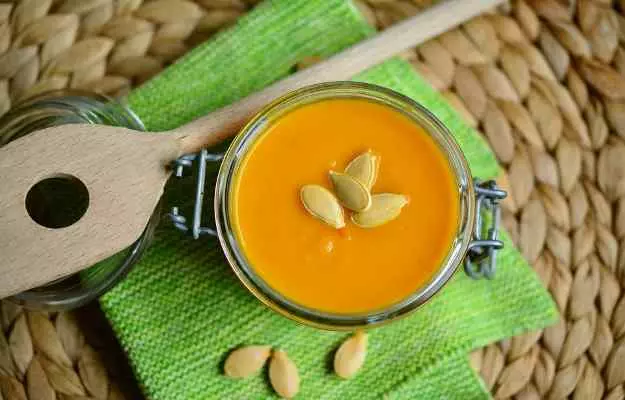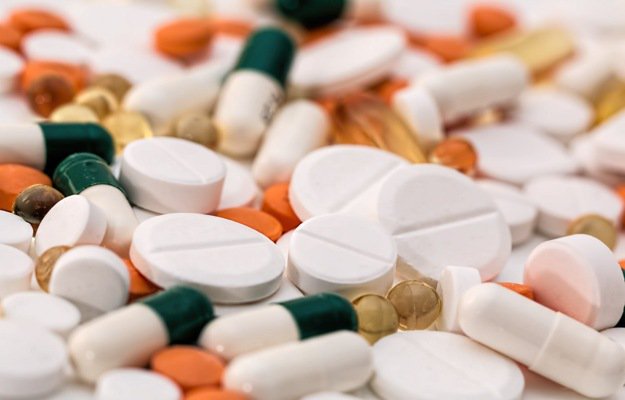Ever wondered what pumpkin seeds could do for your body? Pumpkin (kaddoo) is a common food ingredient in every Indian kitchen. Whether you like to cook it a bit sweet or spicy, pumpkin pulp isn't the only healthy thing about this fruit. The seeds present in the middle of the large sphere also possess several amazing health benefits. Save up on pumpkin seeds and form a face mask or use seed oil to manage hair problems. The nutritional content of these seeds is also ideal to fight diseases.
So, read on to know about the benefits of pumpkin seeds and how to reap them. Some side effects related to its overuse will also be discussed ahead. First, let’s have a look at the nutritional value and basics of pumpkin seeds.
Some basic facts about pumpkin seeds
Pumpkin seeds are a host of several nutrients and are a rich source of potassium, magnesium and vitamin A. Here is what you might like to know about the origin and demographics of pumpkin plant.
- Scientific name: Cucurbita moschata
- Family name: Cucurbitacea
- Common name: Kaddoo, squash, safed kaddoo
- Sanskrit name: karkaru, kurkaru, karlaru, kakharu
- Geographical distribution: Native to the West, pumpkins are grown all over the world for different reasons. India, United States, Mexico and China are the biggest cultivators of pumpkin.
The variety of pumpkin produced in India is different from the giant, orange variety produced in the United States for Halloween. Pumpkin seeds are small, flat edible seeds usually covered by a husk.
























